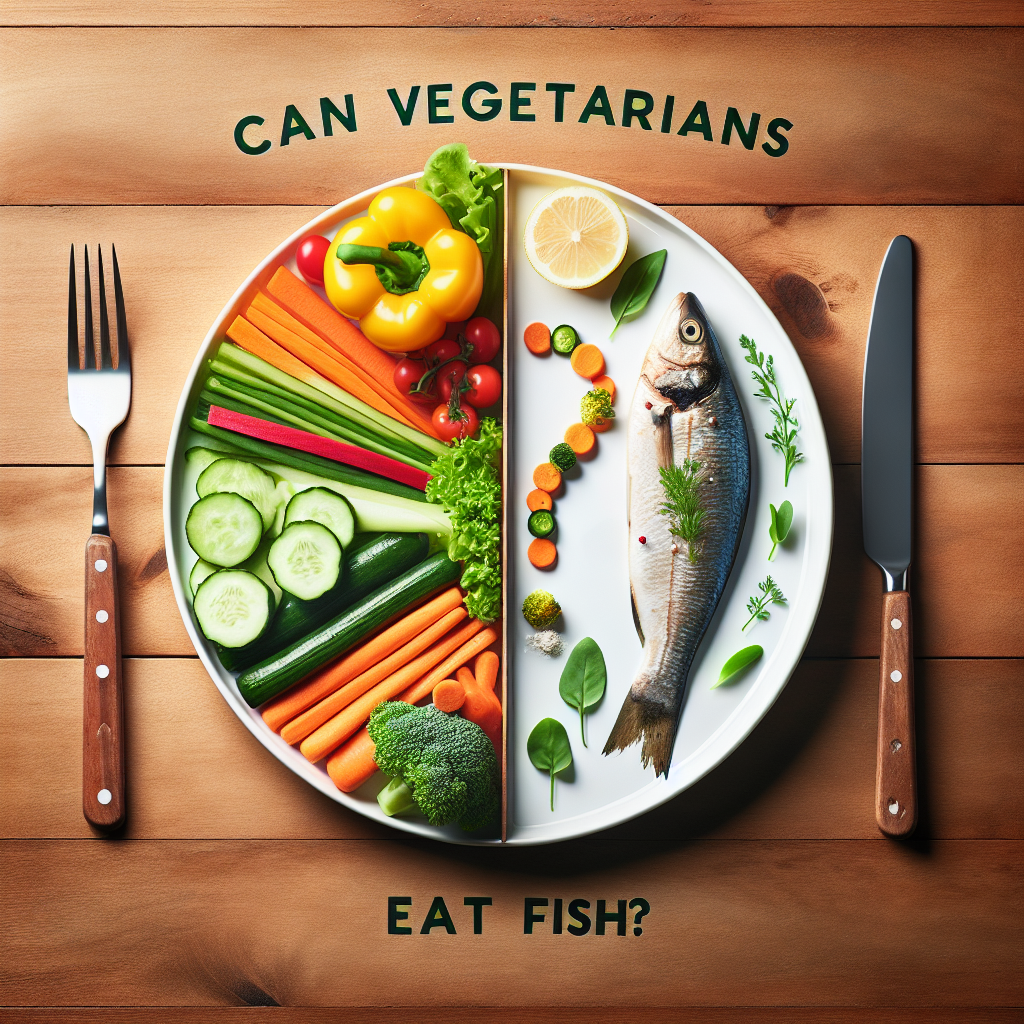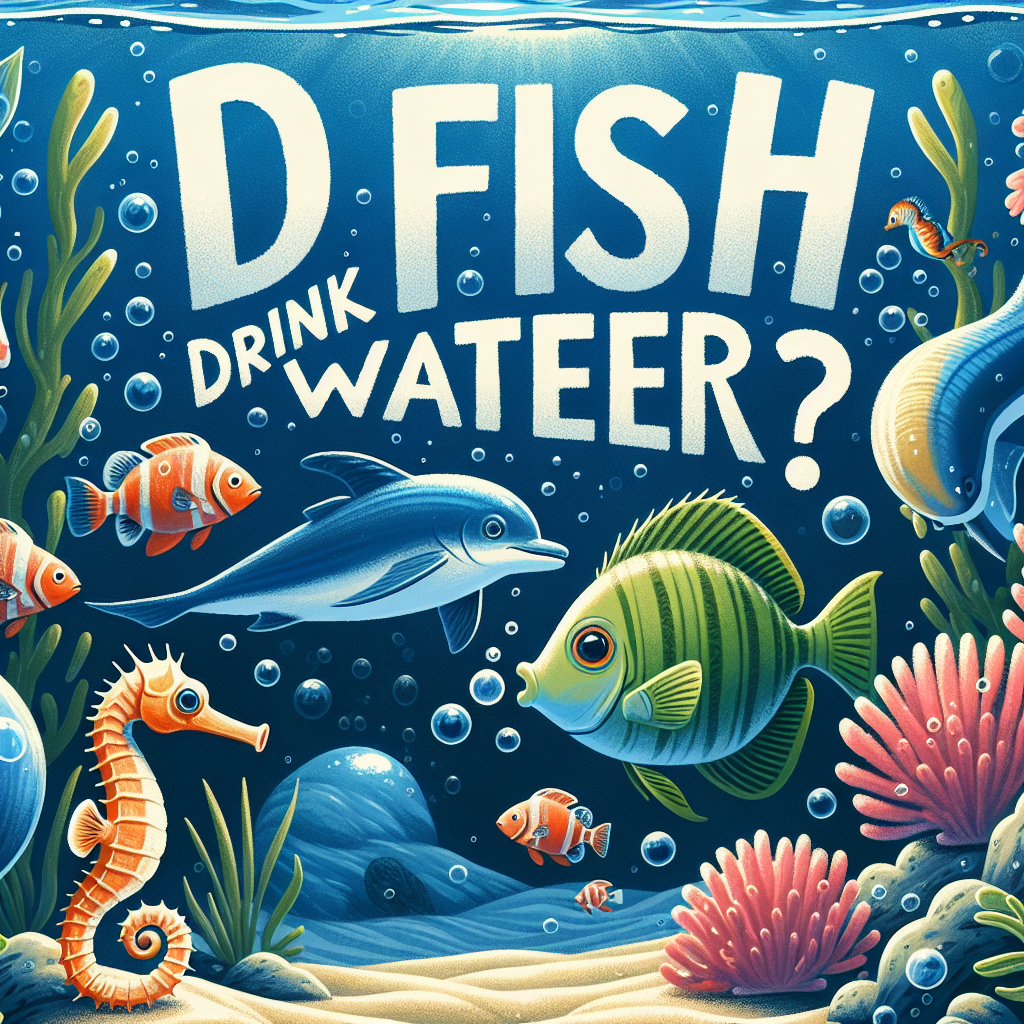In recent years, the landscape of dietary preferences has become increasingly complex, with individuals adopting a variety of eating patterns that often challenge traditional definitions. One question that frequently arises among those exploring vegetarianism is: Can vegetarians eat fish? To address this, we need to explore the definitions of vegetarianism, the various dietary styles, and the reasons individuals choose to adopt them.
Understanding Vegetarianism
Vegetarianism is generally defined as a dietary pattern that excludes meat, poultry, and fish. Vegetarians rely on plant-based foods, including vegetables, fruits, grains, legumes, nuts, and seeds for their nutritional needs. Within this broad classification, there are several subcategories of vegetarians:
- Lacto-vegetarians: Include dairy products but exclude eggs.
- Ovo-vegetarians: Include eggs but exclude dairy products.
- Lacto-ovo vegetarians: Include both dairy products and eggs.
- Vegans: Exclude all animal products, including dairy, eggs, and often honey.
Given these definitions, the straightforward answer to whether vegetarians can eat fish is no. By traditional definitions, vegetarianism does not include fish, as fish is classified as meat. However, the conversation does not stop here; various dietary practices exist, leading to different interpretations and personal choices related to fish consumption.
Pescatarianism: A Distinct Dietary Choice
One significant dietary variation is pescatarianism. Pescatarians adhere to a primarily vegetarian diet but include fish and seafood. This lifestyle allows individuals to benefit from the nutritional advantages of fish—such as omega-3 fatty acids—while still predominantly consuming plant-based foods.
Nutritional Benefits of Fish
Fish provides a wealth of nutrients essential for health, including:
- Omega-3 fatty acids: Important for heart and brain health.
- High-quality protein: An excellent source of complete protein.
- Vitamins and minerals: Such as vitamin D, vitamin B12, iron, and selenium.
For some, this inclusion of fish can be a compromise between ethical eating and nutritional needs, allowing individuals to maintain individual dietary choices that align with their health goals.
Ethical Considerations
The decision to include fish in one’s diet—whether it be from a pescatarian or vegetarian standpoint—often involves ethical considerations. Some individuals may choose a pescatarian diet for perceived health benefits, while others do so to minimize animal suffering. However, the ethical implications of fishing practices are multifaceted and can contribute to an individual’s decision. Concerns surrounding overfishing, bycatch, and the sustainability of fish populations have sparked debates among both vegetarians and pescatarians alike.
The Importance of Personal Definitions
Ultimately, whether vegetarians can eat fish may depend on personal definitions and motivations. Some individuals may adopt a flexible approach to their diets, identifying as "vegetarian" while occasionally consuming fish, leading to a variety of personal dietary practices that don’t always fit neatly into established categories.
For those who identify strictly with vegetarianism, it is essential to stay true to their values and preferences. However, for individuals who do not adhere strictly to a vegetarian diet, embracing a pescatarian lifestyle might offer a middle ground between plant-based eating and incorporating some seafood into their diet.
Conclusion
In conclusion, the answer to whether vegetarians can eat fish is clear-cut: traditionally, no. However, with the rise of diverse dietary practices and personal interpretations of vegetarianism, individuals must navigate their own preferences and ethical considerations thoughtfully. Whether one identifies strictly as a vegetarian, a pescatarian, or somewhere in between, the key lies in understanding the underlying values that guide these dietary choices. The conversation surrounding vegetarianism and fish consumption thus reflects a broader dialogue about health, ethics, and the environment—one that encourages everyone to make informed and compassionate choices about what they eat.





